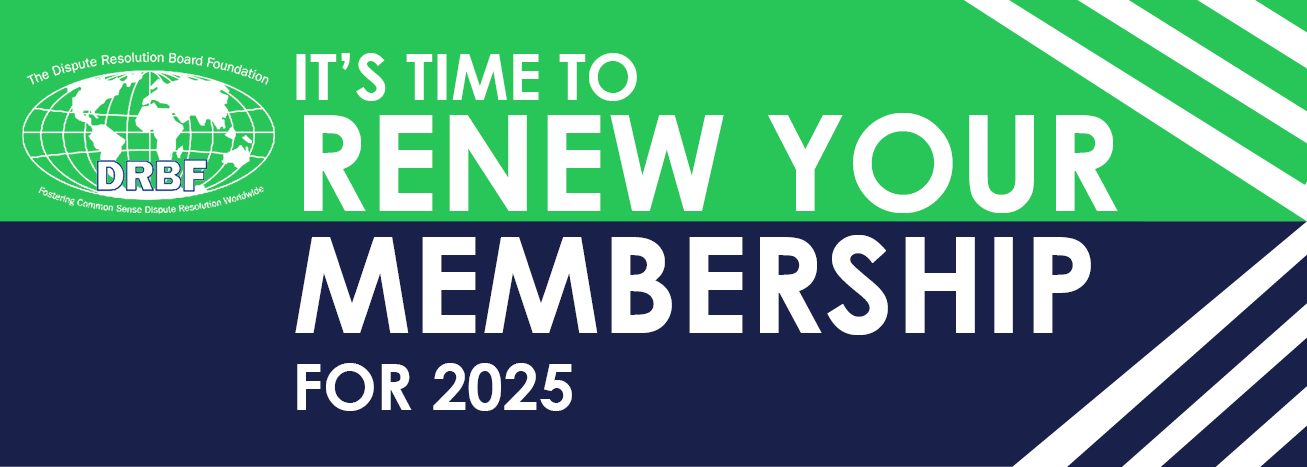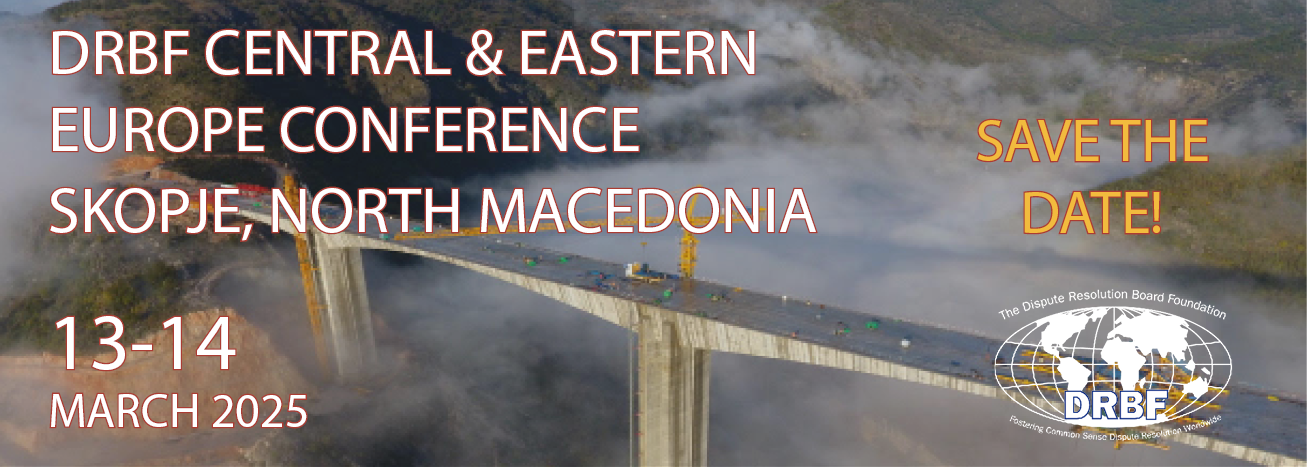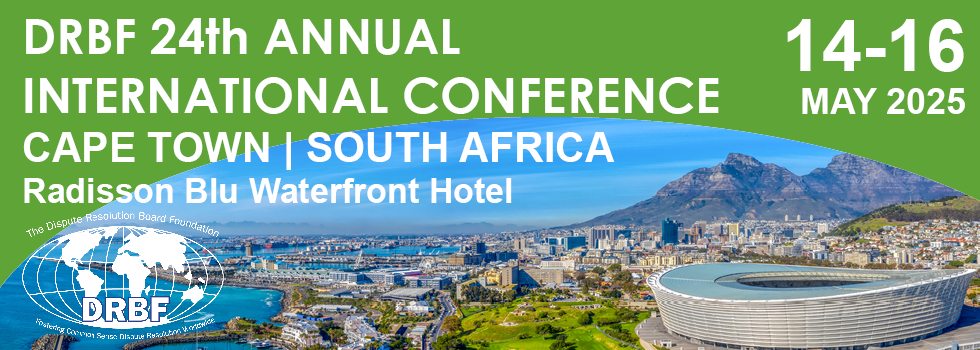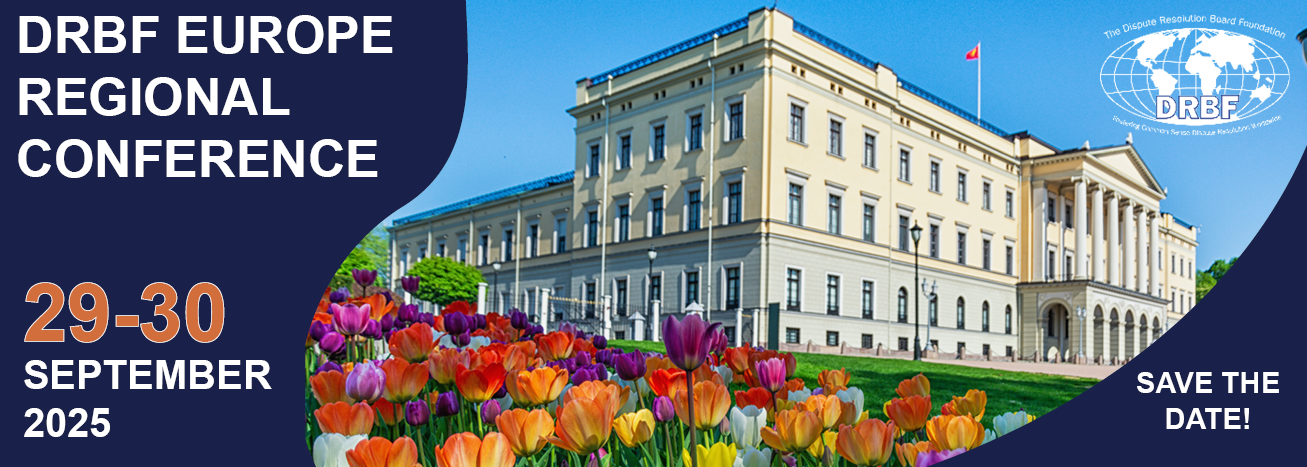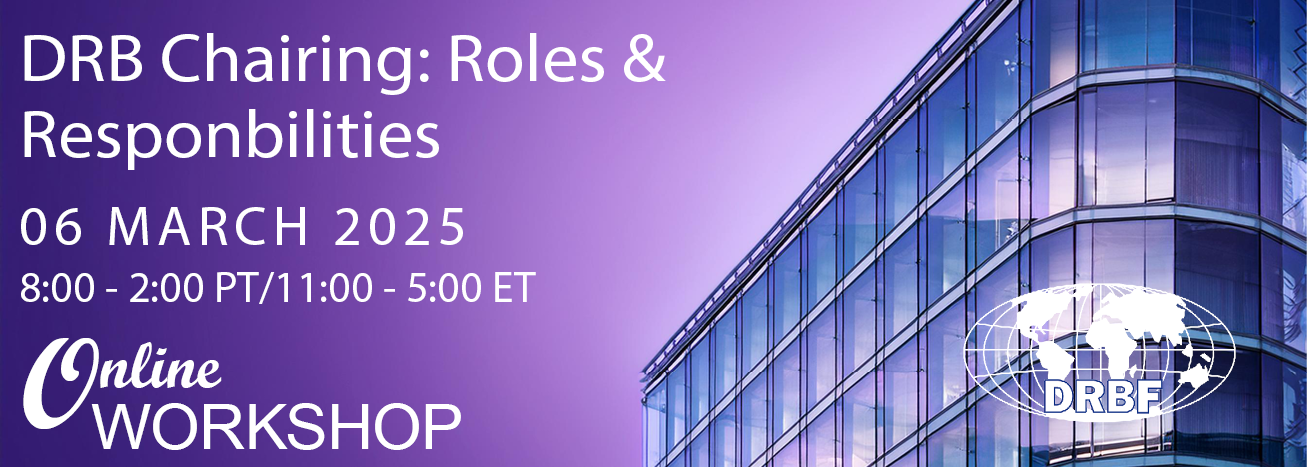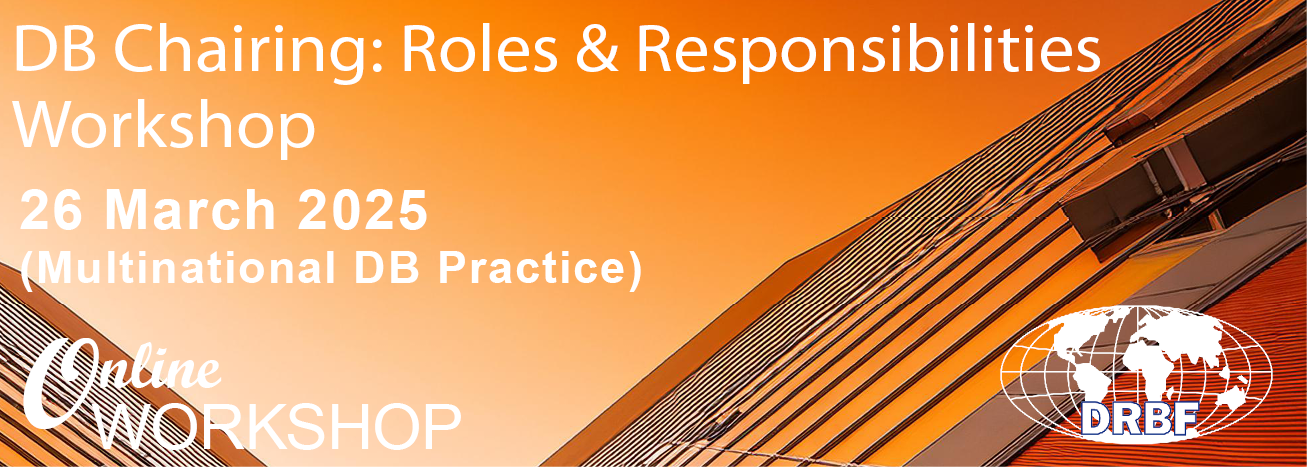|
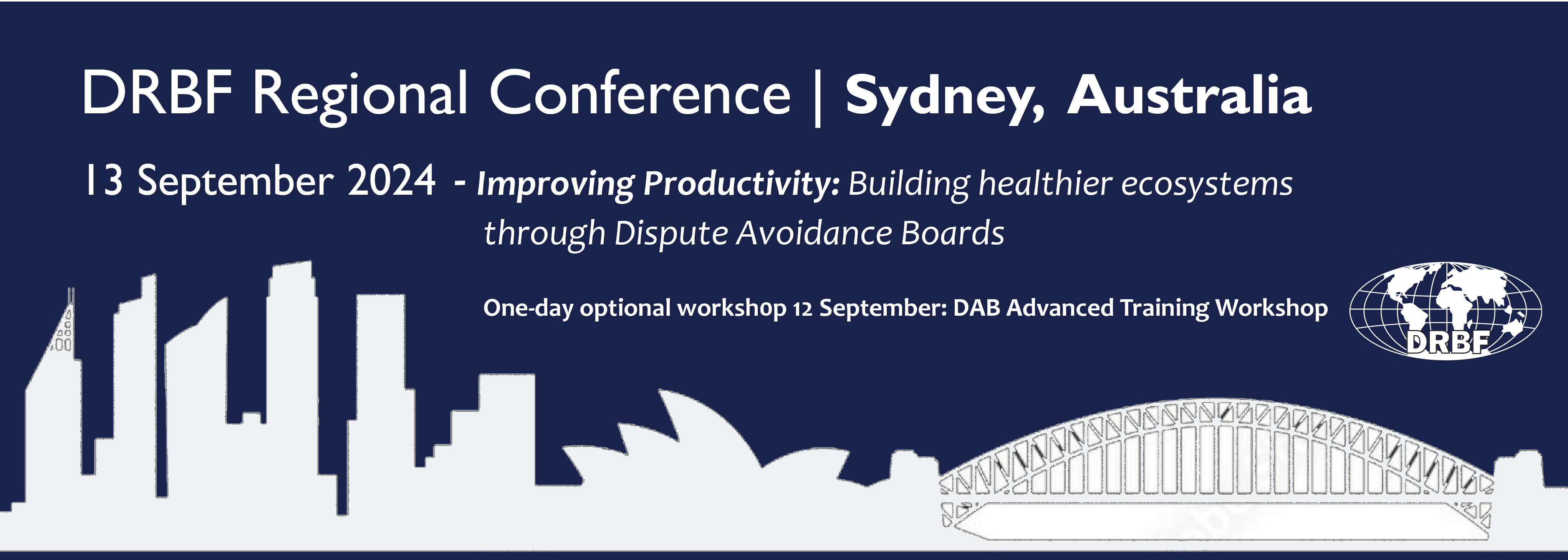
SPEAKERS
|
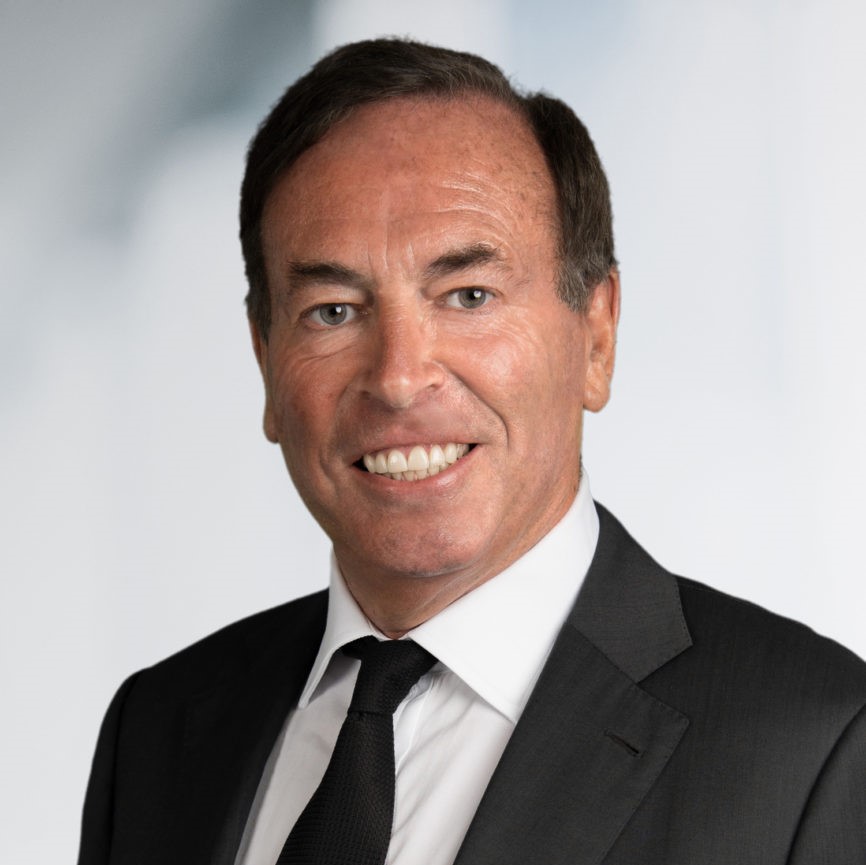
|
Graeme Christie is a Construction Lawyer with over 30 years’ experience in construction law. He has been involved in many major construction projects both on and offshore and is well known in the construction industry. He is regularly listed amongst the leading practitioners in this field in New Zealand. Graeme is a sought after specialist in the New Zealand construction industry. He has spoken at many conferences due to his expertise in contract law both in New Zealand and abroad and for many years was a lecturer in construction law at the School of Architecture, University of Auckland. He also assists clients to resolve construction disputes by means of negotiated settlements, mediation, arbitration, adjudication, and litigation. He has acted as arbitrator on an ICC international construction dispute sitting in London and as arbitrator in New Zealand. He has also been appointed adjudicator in a number of New Zealand adjudications. He serves as a member of the DRBF Region 3 Board of Directors.
|
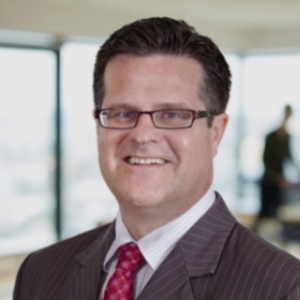 |
Michael Creedon is a specialist construction and infrastructure lawyer with over 34 years' experience in the engineering and construction industry, including 8 years as a practising civil engineer in Australia and the UK. Michael’s career experience covers the following industries: transport / infrastructure / civil; aviation; local government; energy (wind, solar, battery, transmission); residential and commercial; water treatment, wastewater and pipelines; marine infrastructure including dredging; education; health; and dispute resolution (litigation, arbitration, adjudication, expert determination and mediation).
|
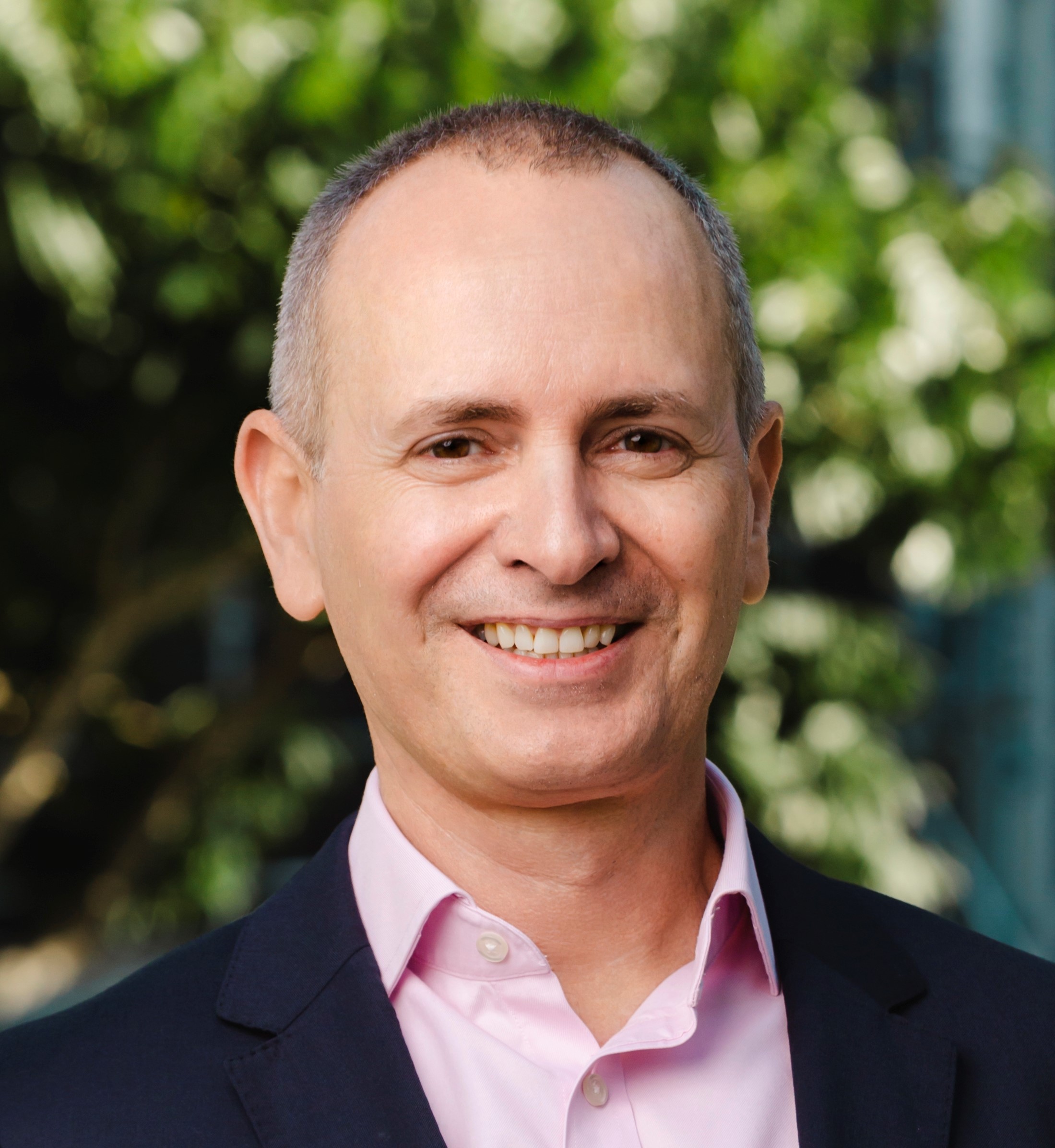 |
Jon Davies is Chief Executive Officer of the Australian Constructors Association. Jon has been passionate about construction since he was given his first Lego set. After 30 years working in contract and commercial roles with contractors on three continents, Jon is keen to use his experience to drive positive change in the industry he loves. Jon serves as a member of the DRBF Region 3 Board of Directors.
|
|
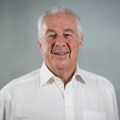
|
Graham Easton is both a civil engineer and a lawyer. He is based in Sydney, Australia and works as an independent Arbitrator, Mediator and Dispute Board Member. Formal qualifications include: B.Sc. (Computer Science), University of Sydney, 1967; B.E. (Hons.) (Civil Engineering), University of Sydney, 1969; M.Eng. Sc., University of Birmingham, U.K., 1972; LL.B., University of New South Wales, 1988. He is a Barrister of the Supreme Court of New South Wales; a Grade 1 Arbitrator and Accredited Mediator, Resolution Institute, Australia; a Member of the London Court of International Arbitration; an Accredited Arbitrator, Singapore International Arbitration Centre. Mr. Easton has lectured extensively on the contractual and legal aspects of engineering and related technical areas, both in Australia and overseas, including a seven-year period teaching Construction Management at the University of New South Wales. He was the joint author of a standard textbook “Civil Engineering Construction” published by McGraw Hill in Australia. For more than 30 years, Mr. Easton has acted as an arbitrator / court referee / mediator in over 250 disputes throughout Australia and overseas. He has been a member of many Dispute Boards on major projects and has been appointed to several international arbitration tribunals in Europe, Asia and the Pacific. Mr. Easton is a Past-President of the DRBF Executive Board of Directors and is a recipient of the Al Mathews Award for Dispute Board Excellence, the DRBF's top honor. He is the Lead Editor for the DRBF Manual – Guide to Practices and Procedures, published in 2019.
|
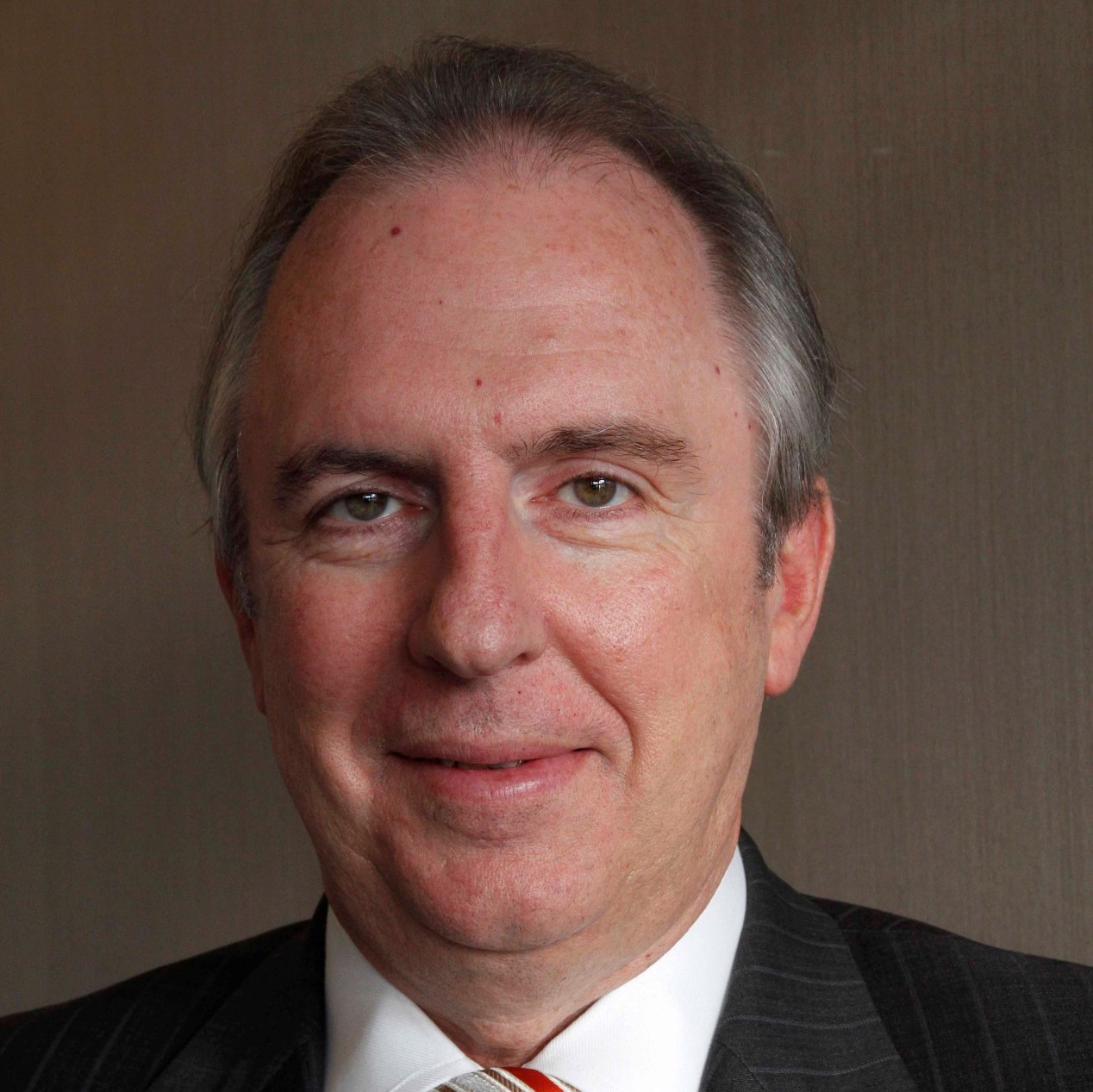 |
Ron Finlay is one of Australia’s leading infrastructure and governance specialists. He is a Foundation Executive Board Member and Secretary of DRBF Region 3 Inc, has served as international President of the DRBF and is a recipient of the Al Mathews Award for Dispute Board Excellence. Ron has served on over 20 Dispute Boards and is a strong advocate for the use of the avoidance and prevention role for Dispute Boards. Ron also participates in the annual DRBF R3 Advanced Training Workshop as a presenter.
|
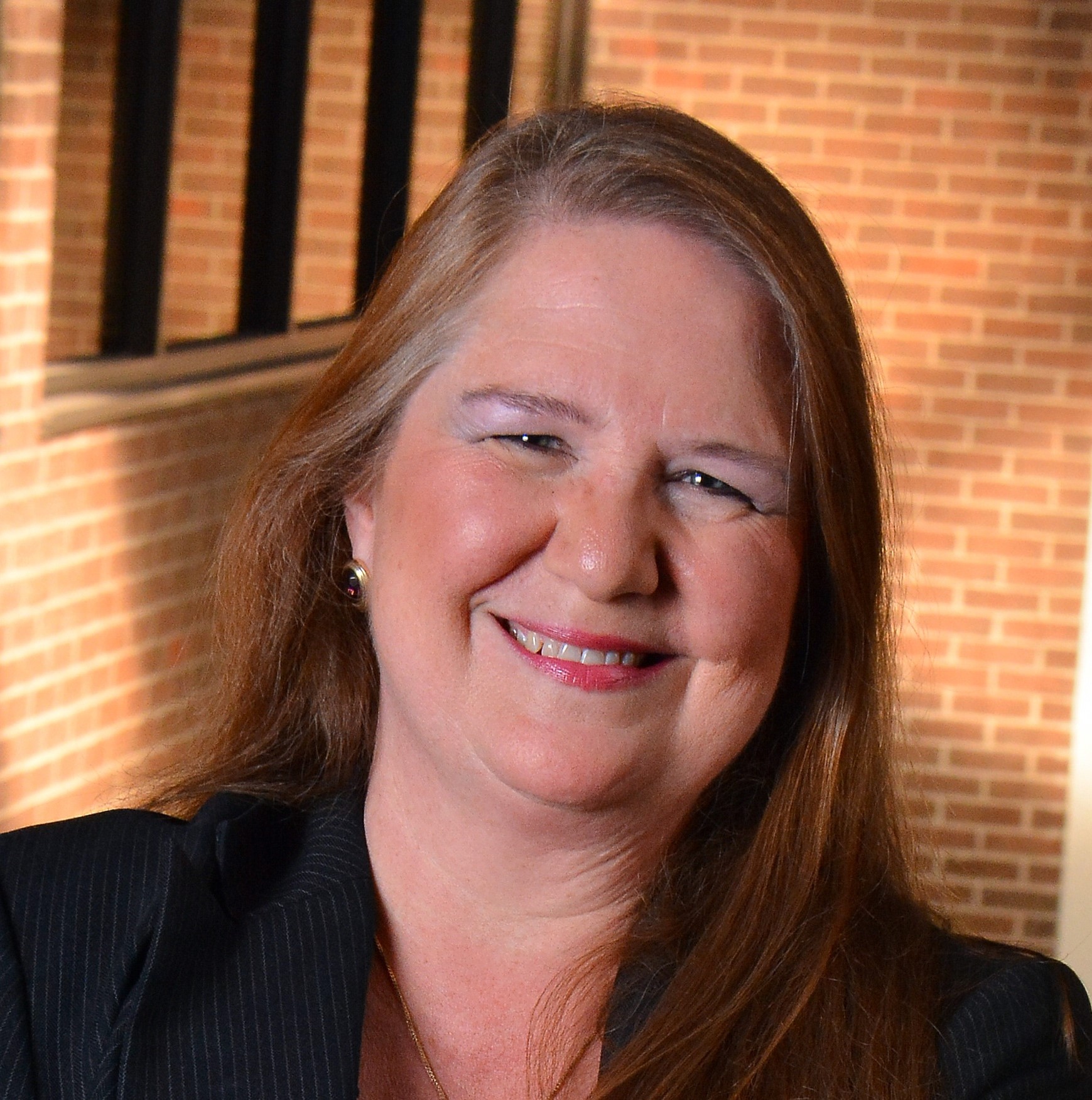 |
Diane Gollhofer Raines has over 35 years of progressive engineering, technical, and procurement experience in the construction industry mainly overseeing major capital construction projects with Dallas Area Rapid Transit (DART) and currently serves as DRBF Director for Region 1. Her signature projects were overseeing the award winning $1B Light Rail Green Line (CMGC), the Downtown CBD Mall Line, a mile-long commuter line grade separation bridge for TRE - built during operations, and a LEED’s Certified Police Headquarters in a historic trolley building. Diane’s projects were all completed on-time and claims free. As the South-Central Region Dispute Resolution Board Foundation’s (DRBF) Representative Diane successfully brought and implemented the DRB concept to DART, using it successfully for over 15 years. In 2011, Diane established DGR Consultants LLC, an engineering consulting firm specializing in construction management and dispute resolution and has since worked with DART, DFW International Airport, and TxDOT on claims avoidance and resolution, quality and safety management. DGR Consultants is a certified DBE, SBE, and WBE. Diane graduated from Texas A&M University, College Station with a BS in Civil Engineering specializing in Construction Management and holds a Professional Engineering License in the State of Texas. Diane currently serves as the President-Elect of DRBF Region 1.
|
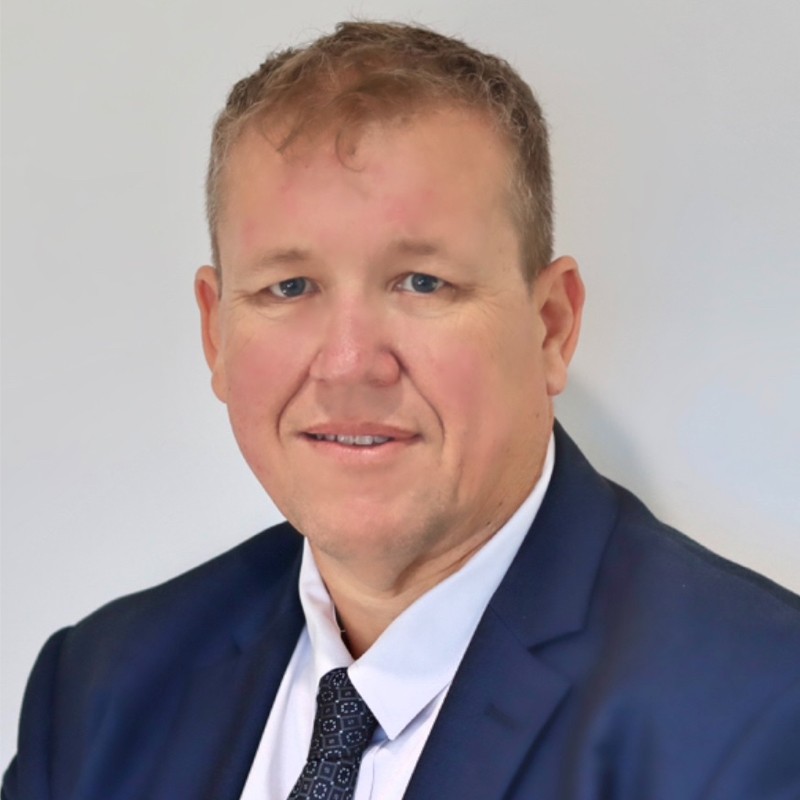 |
Shane Green is a proud Aboriginal man with ancestral ties to the Yuin Nation, living with his family on Bundjalung Country in Grafton. His current position is Executive Project Manager at SMEC, where he oversees various road, highway, and rail projects as both Project and Commercial Manager. He previously, worked as a Project Director at TfNSW, contributing to the Pacific Highway upgrade, including the Woolgoolga to Ballina and Warrell Creek to Urunga sections. He is also actively involved in promoting diversity and reconciliation, serving as a member of the Diversity Committee with DRBF Australia and as Chair of SMEC's Reconciliation Working Group. Shane is committed to fostering cultural respect and inclusivity in the workplace and truth-telling about the history of the Aboriginal and Torres Strait Island peoples.
|
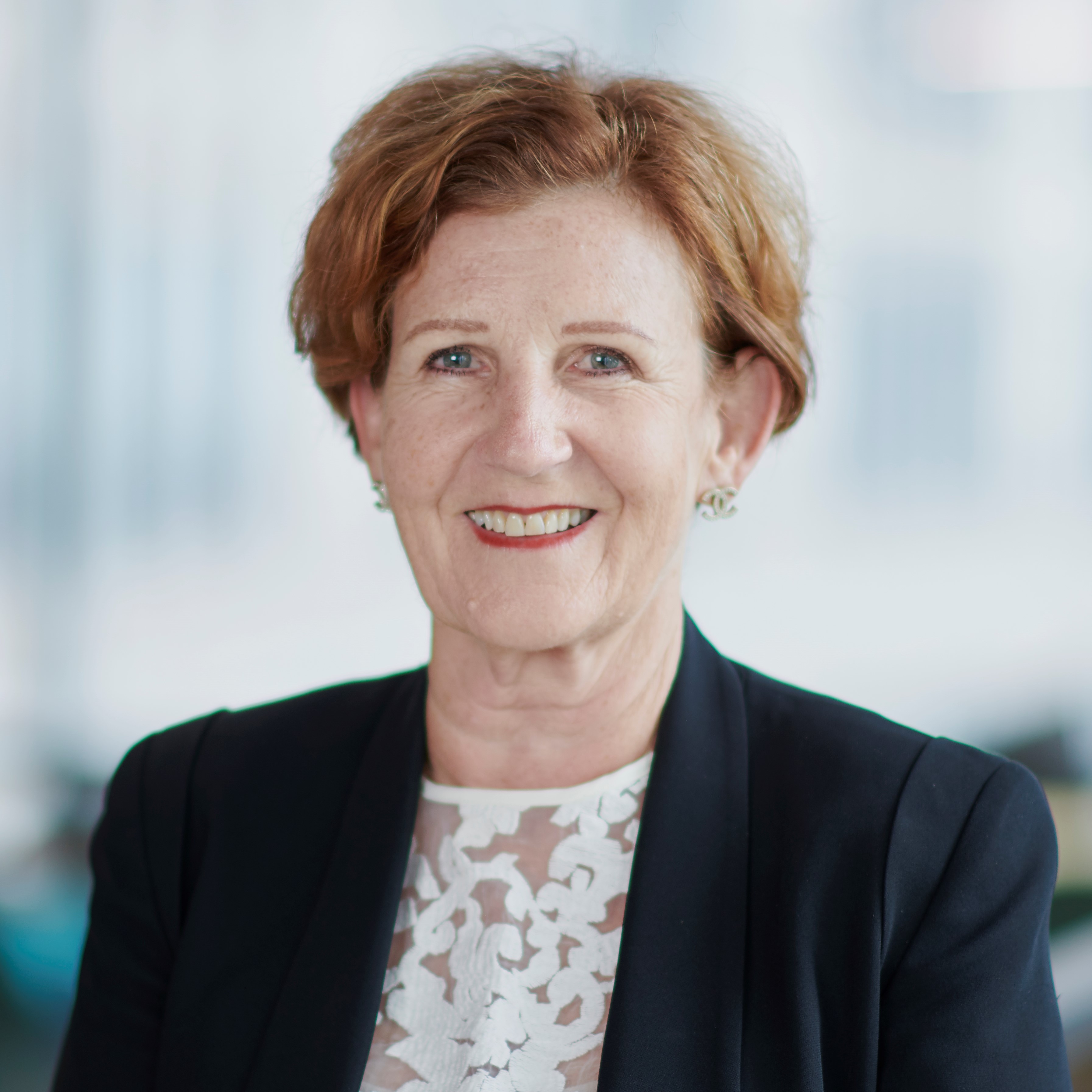 |
Pamela Jack is an experienced dispute board member having been involved in the Dispute Resolution Board Foundation since its formation in Australia. She currently sits on a number of dispute boards and on an Independent Dispute Avoidance and Resolution Panel overseeing a multi-contract infrastructure project. Pamela recognises the benefits of collaborative project establishment, regular engagement between the parties on any issues, implementation of avoidance techniques and timely dispute resolution. Pamela is an advocate for the use of dispute boards and for the party's involvement in consensual resolution, rather than imposed outcomes. She is also involved in training of potential dispute board members, through advanced training workshops and conferences in Indonesia, the Philippines and Australia. Pamela is also an experienced non-executive director.
|
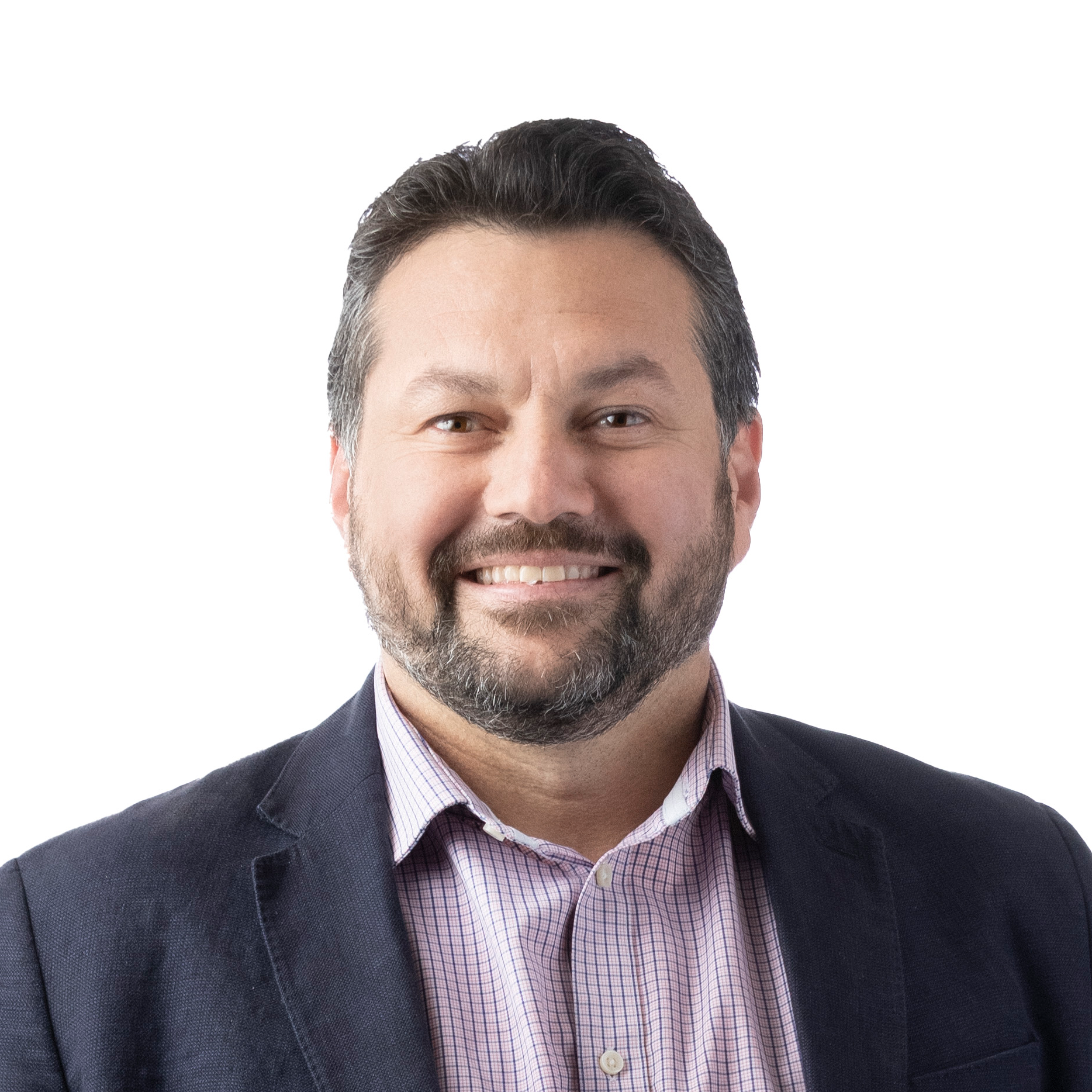 |
Steve Lambert was appointed Chief Operating Officer of Seymour Whyte in June 2022. Previously, Steve led the operations of Seymour Whyte’s Southern Region since December 2014. With over 25 years of construction industry experience, he brings strong leadership and strategic planning qualities, combined with an extensive knowledge of contract types and a well-developed commercial and risk management acumen. Steve has also led the successful delivery of many infrastructure and resource projects. Prior to joining Seymour Whyte, Steve was the General Manager of Ditchfield Contracting and was responsible for pre-contracting, systems support, operations and project delivery. Since joining Seymour Whyte, Steve has led the company’s diversification and expansion in New South Wales and into Victoria, South Australia and Western Australia.
|
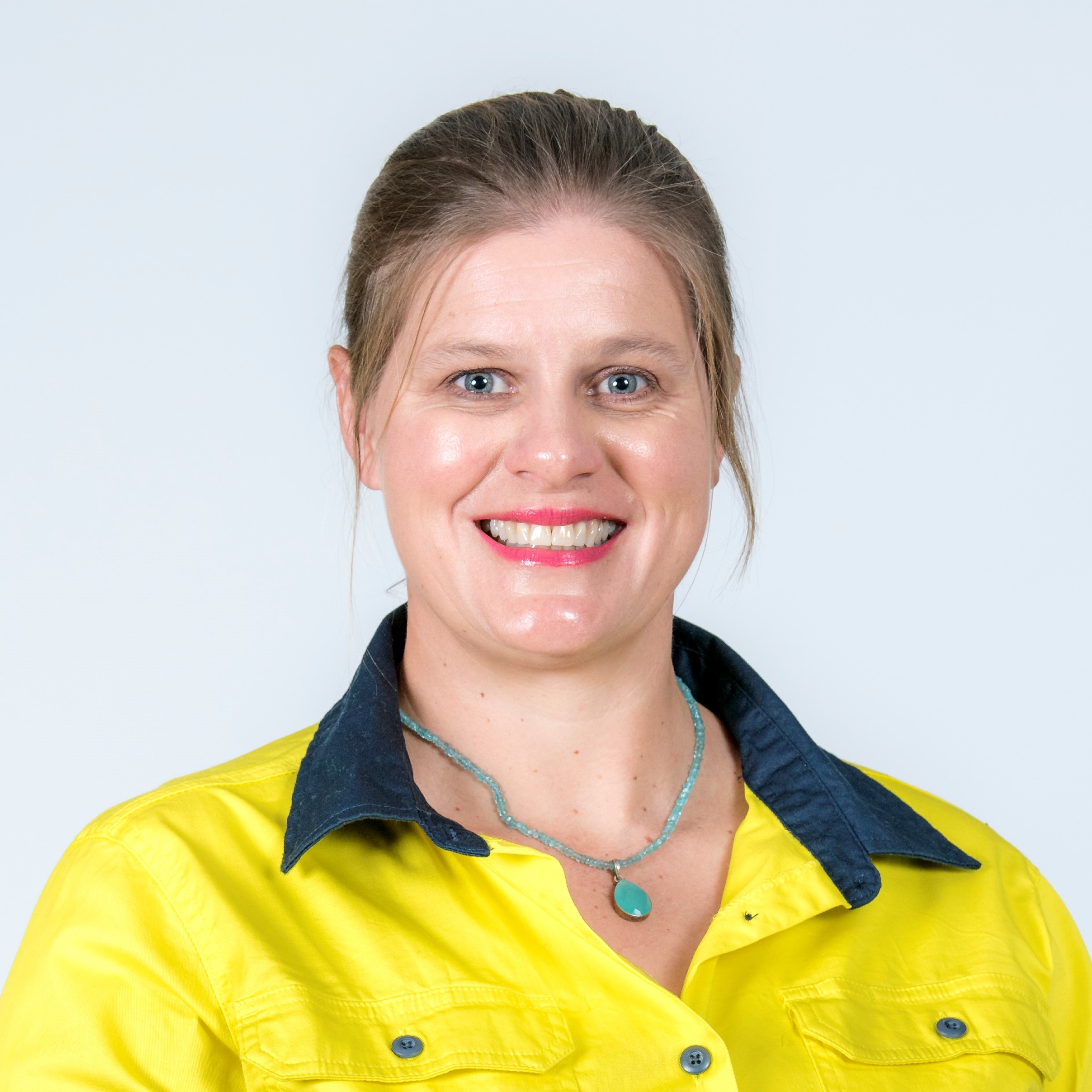 |
Sally Law is Project Commercial Director - Snowy 2.0 for Clough Group, with oversight and management responsible for contracts, insurance, risk management and legal services. She delivered a change management strategy to address risks in subcontractor management practices and strengthen project governance procedures. Her experience includes building and infrastructure market including employment experience with client, financier and contractor side companies. |
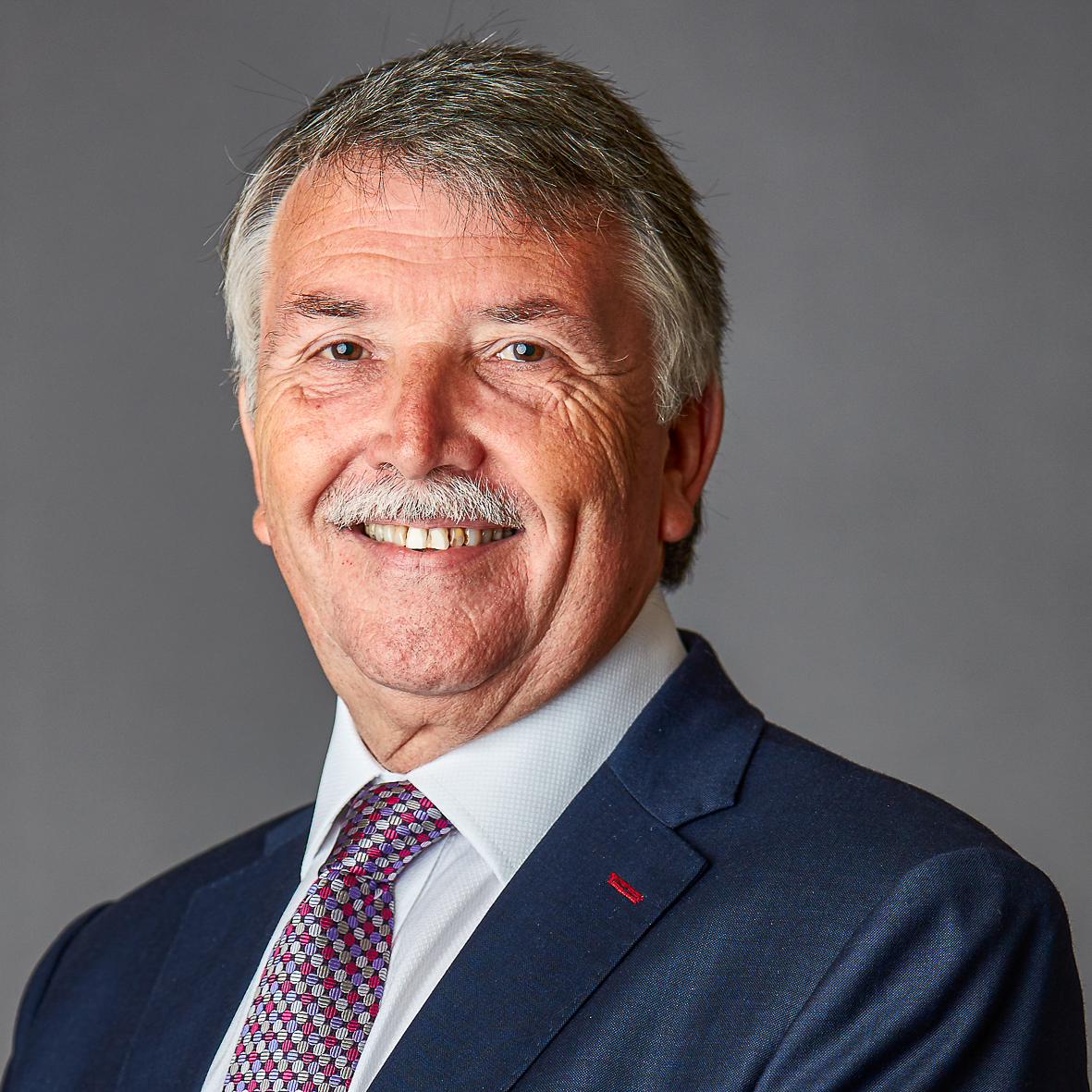 |
Chris Lock is an infrastructure professional specialising in the governance, development, delivery, commercial & financial management and dispute avoidance of major projects, and with extensive experience spanning government, consultancy and private sector constructor roles.
Chris is currently the Chair of two Dispute Avoidance Boards on Sydney infrastructure projects and is engaged by government agencies and private sector companies in advisory, dispute resolution and knowledge transfer activities. Until recently, he was an independent non-executive Director of constructor McConnell Dowell Corporation Limited and a member of the Audit, Risk (including IT) and Remuneration Committees of the Board. Previously, Chris was Chief Executive of State Owned Corporation the Transport Infrastructure Development Corporation (TIDC), which later became a division of Transport for New South Wales and Chris was appointed Deputy Director General. During this period, dispute boards were introduced into TIDC projects. Prior to his time in government, Chris was Principal and Director in advisory consultancy Evans and Peck and before that held senior executive positions in construction contracting organisations.
|
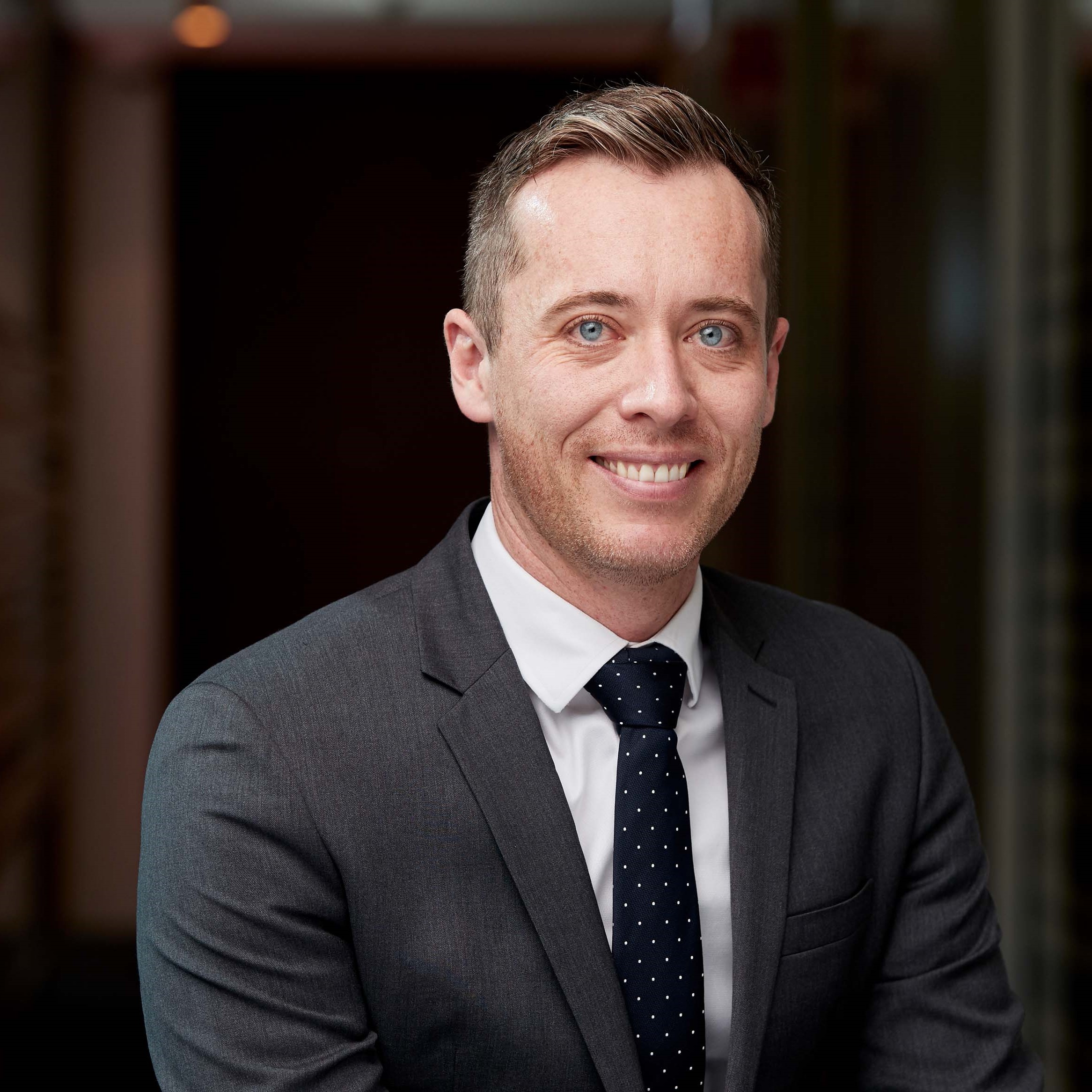 |
Larry McGrath's career has focused on transport and infrastructure and has seen him straddle the public and private sectors, working on everything from planning, to delivery, to operations. In his current role, Larry is responsible for running the construction company McConnell Dowell in NSW and the ACT, delivering projects for government and the private sector. Throughout his various roles, Larry has had a hand in some of the most transformational projects in
Australia’s recent history, from Sydney Light Rail to North West Metro. Through his years working in the NSW Government, Larry helped transform NSW’s infrastructure pipeline and he has an acute awareness of what it takes to get things done. His passion for improving Sydney has always been front and centre, and he has been a Director of the Committee for Sydney for six years. One of Larry’s passions is improving the culture of the infrastructure sector and he is a strong advocate for increasing diversity and inclusion in the industry.
|
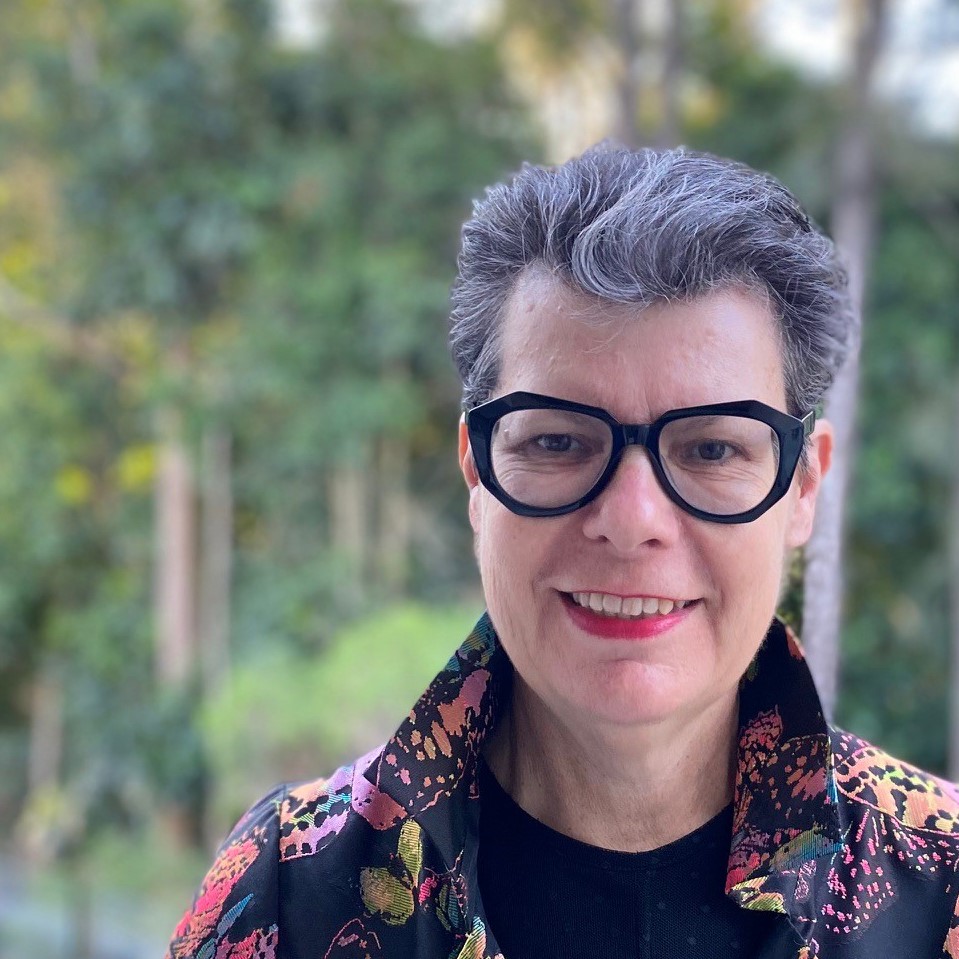 |
Jennifer McVeigh has been an active member of the DRBF since completing the DRBF training course in 2013. She is currently the chairperson of the Fitzroy to Gladstone Pipeline Project DAB. She has worked in the construction industry for over 35 years, focusing on dispute resolution and avoidance. Jennifer is the principal of McVeigh Expert Determination. |
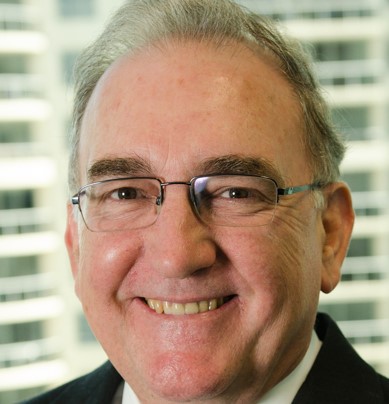 |
Ian McIntyre is a Civil Engineer with more than 40 years of experience in major civil engineering and multi- disciplinary resources, transportation, power and industrial infrastructure projects throughout Australia, Asia and Dubai as a construction contractor executive and as a consultant. Ian is well known in regard to the design of project and program strategies and also in regard to methodology for analysis of project delivery problems and failures. He has frequently been retained in ‘trouble shooting’, independent review, due diligence and expert determination roles and has considerable experience in analysis of the reasons for and effects of project delivery problems. His professional practice has, in recent years, been divided between expert witness, dispute board, and expert determination roles and also advisory roles at the formative and delivery stages of projects. He was also retained in 2019 as an adviser to a Judge of the NSW Supreme Court in regard to delay analysis aspects of a case in the court.
|
 |
Leighton O'Brien is a leading projects lawyer who practises in the areas of construction, infrastructure and dispute resolution with a particular emphasis on energy, roads and rail. Leighton acts for financiers, government and private owners, concessionaries and contractors. Leighton was named as a leading lawyer by Chambers Asia-Pacific from 2009-2023 in the area of construction and is listed as "pre-eminent" in Doyle's Guide. Leighton is listed in the Construction Hall of Fame by the Legal 500. |
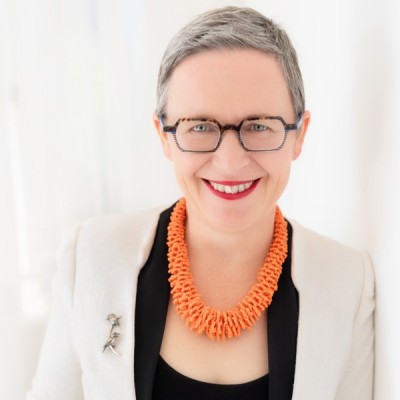 |
Kiri Parr has over two decades of experience in the Australian construction market, and has worked on a wide range of major projects, from conception to litigation. Kiri’s latest work combines this real-life experience with the latest research into project delivery. An active speaker, researcher and independent consultant, Kiri brings new perspectives and tools to the problems we are all trying to solve. Her technical expertise as a construction lawyer includes 10 years in private legal practice and 15 years as general counsel for a large international consulting company. From 2015 to 2019, she was recognized among Doyle’s Leading In-House Construction Lawyers in Australia. Kiri also brings close to 20 years of board experience to the table. Kiri’s involvement in the construction industry is extensive. She currently serves on the boards of the Dispute Resolution Board Foundation Region 3 and the Society of Construction Lawyers Australia and is a member of the FIDIC Contracts Committee. She was a board member of Consult Australia from 2013 to 2019, including two years as President. |
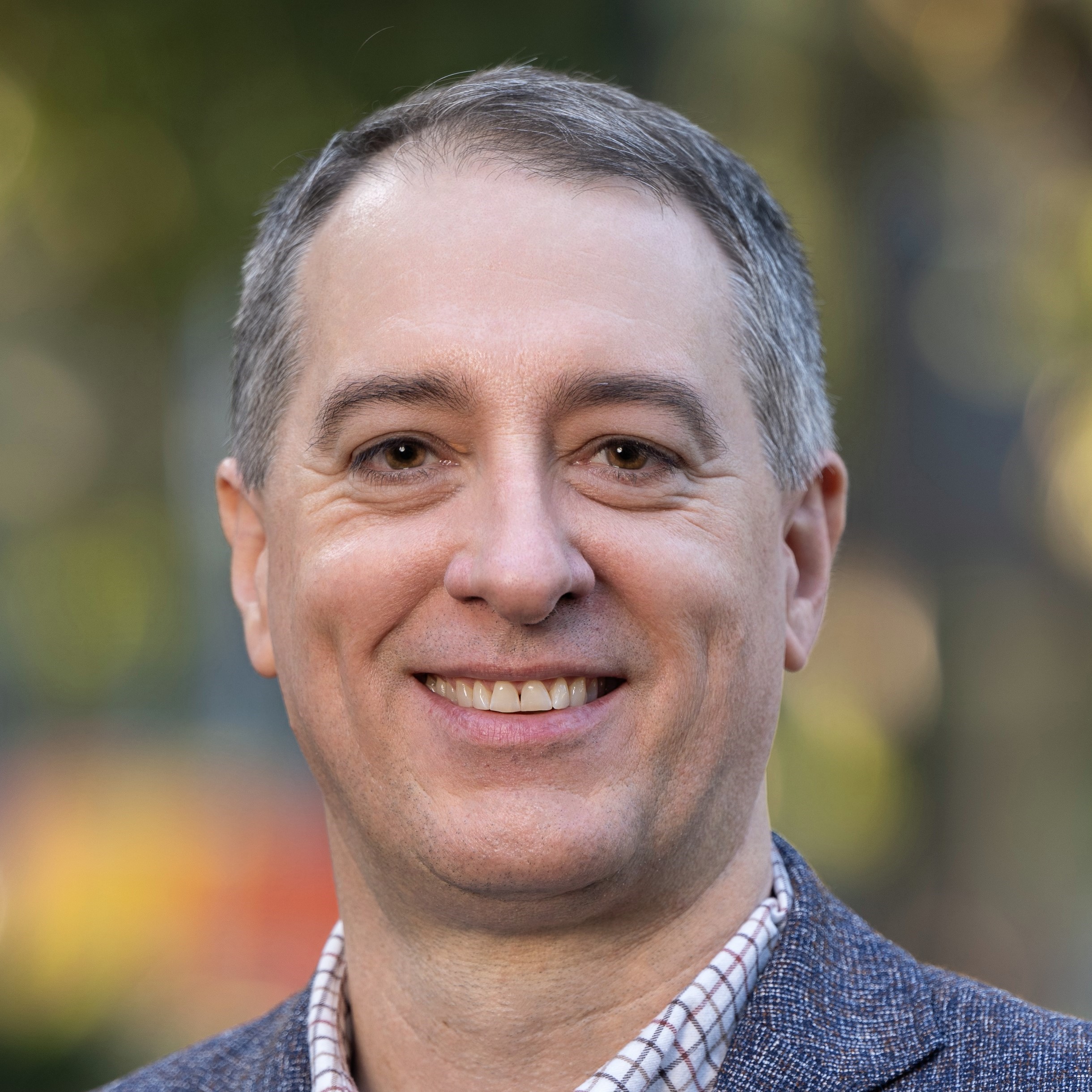 |
Kevin Pascoe is a project delivery specialist with 30 years of international experience in the project management, design, and construction of major transport infrastructure (road & rail), power generation, mining, and industrial projects. His experience working for Tier 1 engineering consultants and publicly owned utility corporations, supported by his unique combination of engineering, law, and project management qualifications, provides him with a comprehensive understanding of how to deliver projects successfully. Kevin is a Fellow and Certified Practicing Project Manager of the AIPM, a Fellow and Registered Professional Engineer of Engineers Australia, and a Board Director and Secretary of the Society of Construction Law Australia. As a self-employed project and commercial direction consultant, he is regularly engaged by project parties on project management process improvement, risk management, contract
commercial claims, contract awareness training, and dispute resolution.
He is an experienced dispute board member and is on the executive Board of the Dispute Resolution Board Foundation (Region 3).
|
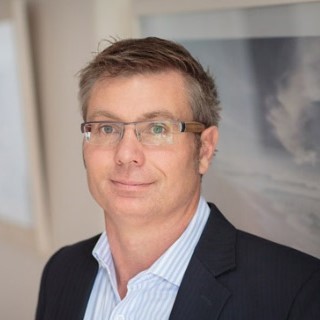 |
Peter Preller is Deputy General Counsel, Infrastructure for Optus with a focus on major transactions and transformational projects, especially in infrastructure and construction projects. Optus' major projects are valued at over $100 million and all use the Dispute Avoidance Board process, responsible for the improved management and resolution of most major disputes in the Optus agreements. |
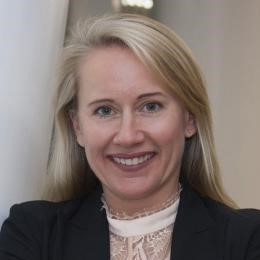 |
Georgia Quick is a long-standing disputes partner at Ashurst, where she specialises in complex infrastructure & energy & resources project delivery & dispute resolution. She is the head of the Ashurst Australian Arbitration practise, the immediate past president of ACICA, the co-CRP for the Ashurst NSW Government account and the co-chair of the Ashurst Global Infrastructure Industry Board. Her practice covers all dispute forums including considerable Dispute Board experience. She frequently drafts dispute provisions for complex projects. Georgia is listed in Who’s Who Legal, for Construction & for Arbitration and in Chambers she is Band 2 for Construction. She is also listed as a Leading Individual for Arbitration in The Legal 500 Asia Pacific. |
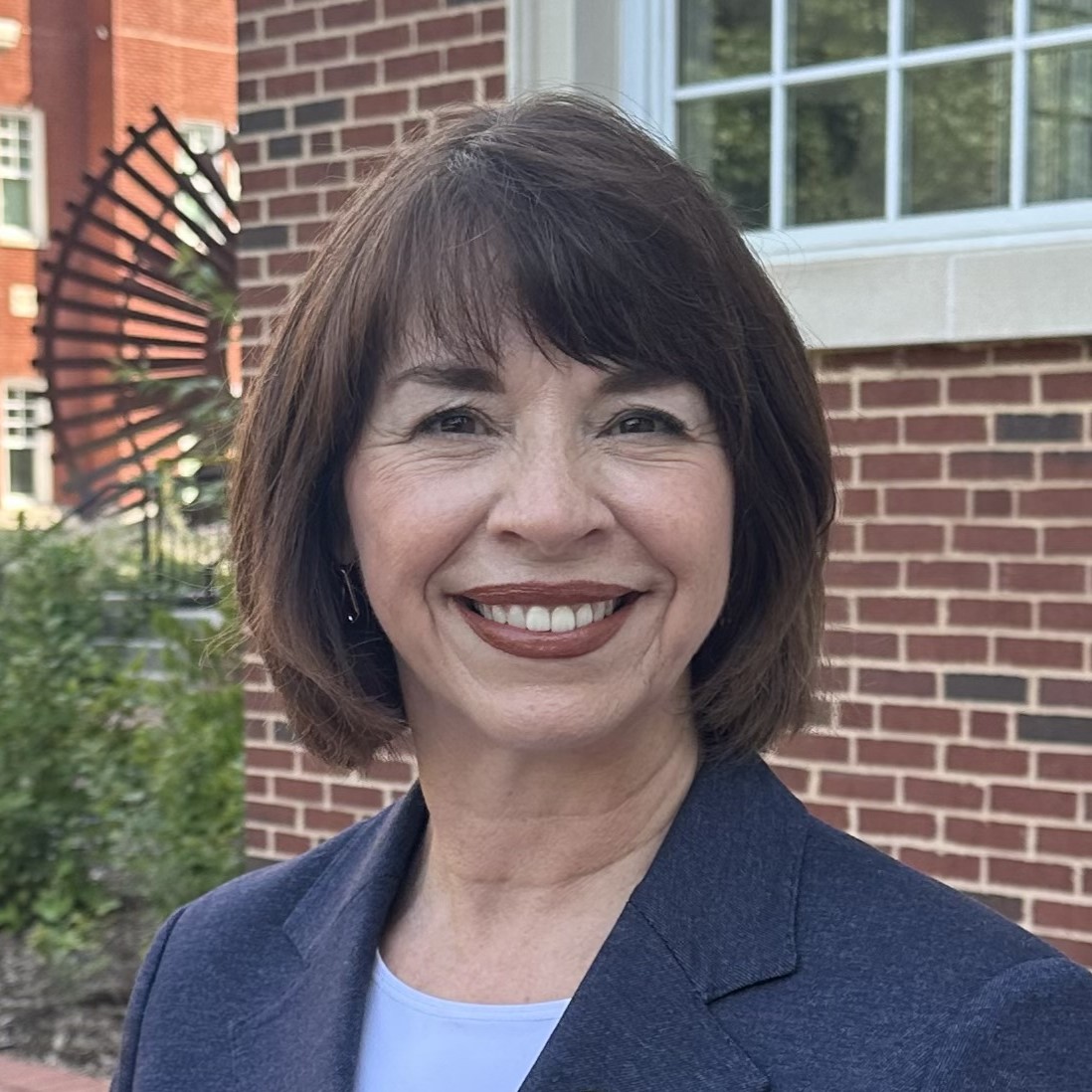 |
Ann Russo is Executive Director of the Dispute Resolution Board Foundation, the non-profit association dedicated to the use of Dispute Boards worldwide. She is co-editor of the "Dispute Board Manual: A Guide to Best Practices and Procedures." Prior to joining the DRBF, she served as Public Relations Manager for J.A. Jones, Inc., an international construction and engineering firm based in Charlotte, NC, USA. She received the DRBF's President’s Distinguished Service Award in 2005 and the Al Mathews Award for Dispute Board Excellence, the DRBF's highest honor, in 2024. She is a member of the American Society of Association Executives. |
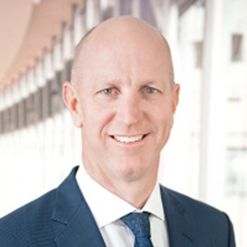 |
James Sherrard is currently with Transport for NSW as Head of Commercial, Performance and Strategy, bringing over 25 years of experience in the advisory, planning and delivery of a broad range of infrastructure projects. Prior to joining Transport, he spent six years as the national managing partner for PwCs Capital Projects business and then Infrastructure and Urban Renewal team responsible for projects totalling more than $10bn. Before joining PwC, James spent nearly a decade planning and delivering complex projects in transport and civic infrastructure in the UK, Africa, Middle East and Asia. In these roles he was responsible to a range of government agencies for the strategic planning, commercial and legal structuring, and construction delivery. This international experience builds on a foundation of project management in Sydney including work on projects for the Sydney Olympics, Defence and transport infrastructure. James brings together a team-based approach to leadership and stakeholder engagement along with a strong background in strategic project analysis, risk mitigation and construction knowledge. |
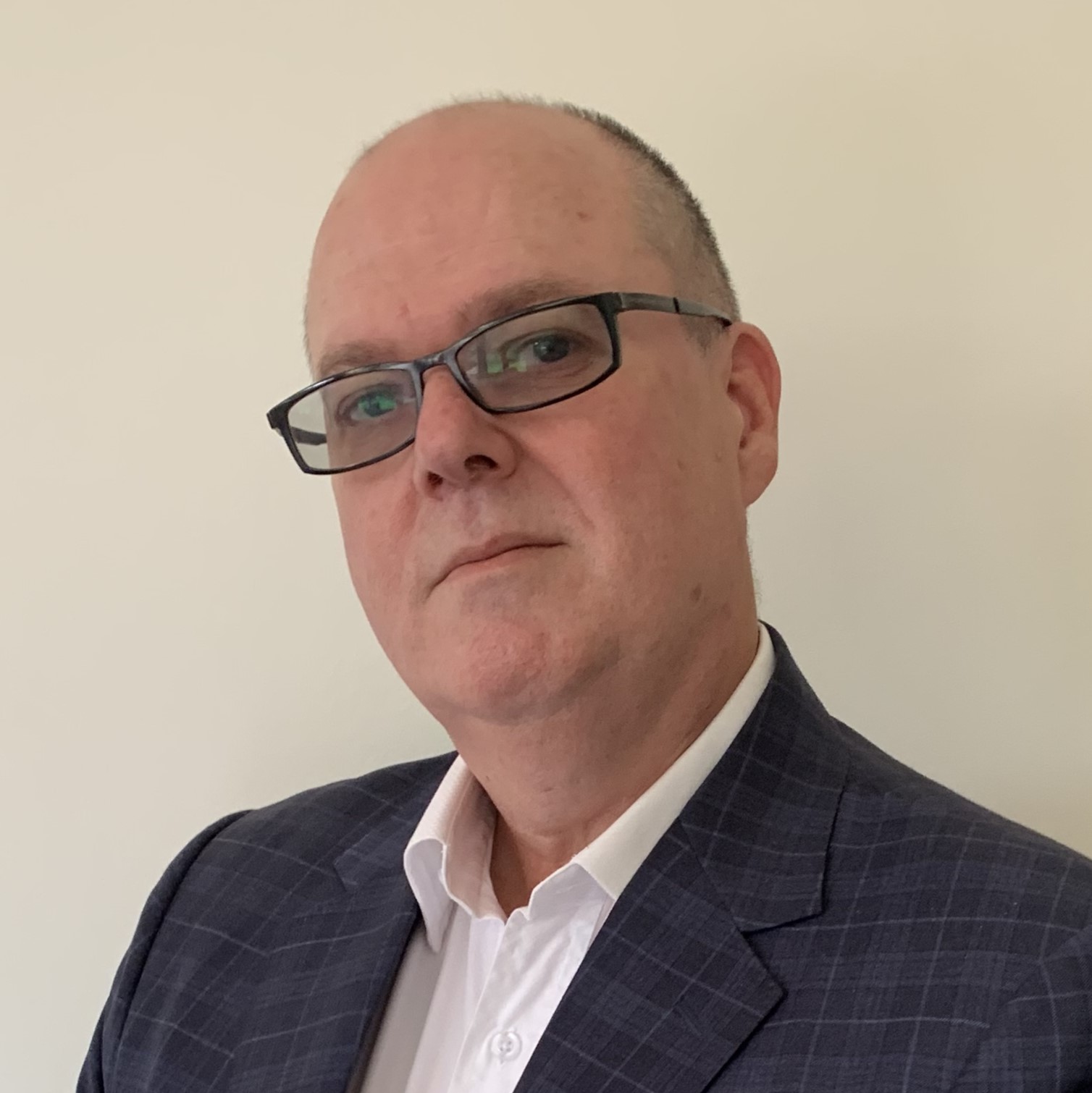 |
Martin Stokie joined the Productivity Commission in 2022 where he has led a number of inquiries into aged care, early childhood education and care and most recently Martin is leading the Commission’s work on productivity challenges in the construction and building industry. Prior to his role at the Commission, Martin worked as an economic consultant where among other projects, he advised on the economics and implementation of major infrastructure projects. Martin has also undertaken analysis of independent dispute resolution bodies responsible for finance, telecommunications, public transport, consumer affairs, and building disputes. Martin has advised on civil and administrative dispute resolution processes and pricing, building regulation and standards, as well as building warranty insurance. Martin’s current work at the Productivity Commission is seeking to better understand Australia’s poor productivity experience in the construction sector so as to help prioritise those areas and responses governments can adopt to better deliver the infrastructure for Australia’s future needs and population. |
|
